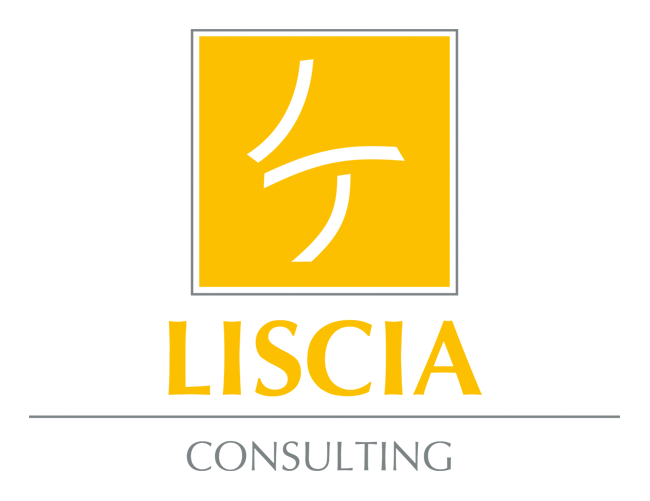Who wouldn’t want a witty, lickety-split reaction at the tip of the tongue? Wouldn’t it be great, if you could expose your shameless colleague for stealing your idea, turning to him in mild surprise, saying, Thanks Michael, I didn’t know you liked the idea so much when I explained it to you last week. Guess you’ve had some time to fully grasp it, so now we can put it to work together.
Unfortunately, this doesn’t always happen and you often curse your eloquence for deserting you when you need it most. Like when your boss criticizes you unfairly and you, once again, had no pointed comeback. In hindsight, sitting at your desk brooding, you’re brilliant.
Without a doubt, some people are born quick-witted and loquacious, they have a talent for words and a finely honed intuition. Maybe it’s genetic. Jürgen Klopp, a successful German soccer trainer known for his eloquence once said in an interview that his ability to always find the right words was mere happenstance, regardless if he was talking to 29 people or a million.[1] Enviable, to be sure, but no one is doomed to be permanently tongue-tied. You, too, can train your repartee. And you should.
The first step would be to research causes. There can be many reasons why certain situations leave you speechless. Stress could easily be one of them. Various studies have shown us that the more stress hormones coursing through your body, the harder it is for you to access information. Decisive is whether your stress hormones convey positive stress or negative stress. Positive stress triggers happy anticipation. Some people rise to challenging situations like a welltrained athlete and look forward to volleying verbally with colleagues or to holding a presentation. Positive stress, like an entertainer’s jitters, can help you focus and perform well. Negative stress, on the other hand, installs roadblocks and the information you need is on the other side, inaccessible.
Before an important presentation, relaxation and breathing exercises are extremely helpful in reducing stress levels. Or you can set an anchor as Gianni did with Thomas to master his aerophobia in Question 9 (What are we afraid of?) and reprogram your mind movies. We have also experienced good results with guided imagery programs, also known as positive visualization, i.e. you paint a positive picture in your mind of how a specific situation can play out. […]
Positive visualization helps you build a bridge between your thoughts and your actions. Amazingly enough, when you’re learning something new, your brain makes no difference between actually doing it or just imagining doing it. Thus, you can internalize something better when you have a clear mental image of yourself doing it.[2] When it’s time put this to practical use, you purposefully call up the positive visualization, supplanting the doomsday visions of every possible disaster. This way, you access positive emotions such as security, confidence and happiness, leaving no room for negative stress barricades.
An excerpt from the book “Leadership is More – 27 Questions We Too Can Answer” written by Gianni, Jan & Marcello Liscia, 2022
[1] 1 Cf. Der Spiegel (11/2012), “Schnauze!” Borussia Dortmunds Trainer Jürgen Klopp, 44, über bohrende Fragen, laute Ansprachen in der Kabine und sein Verhältnis zu Gott/”Shut it!” Borussia Dortmund’s Trainer, Jürgen Klopp, 44, on probing questions, loud locker room talks and his relationship to God, pg.112f.
[2] Cf. https://www.netzathleten.de/lifestyle/body-soul/item/236-den-erfolg-voraugen-visualisieren-im-sport/visualizing success in sports, accessed June 3, 2022.



